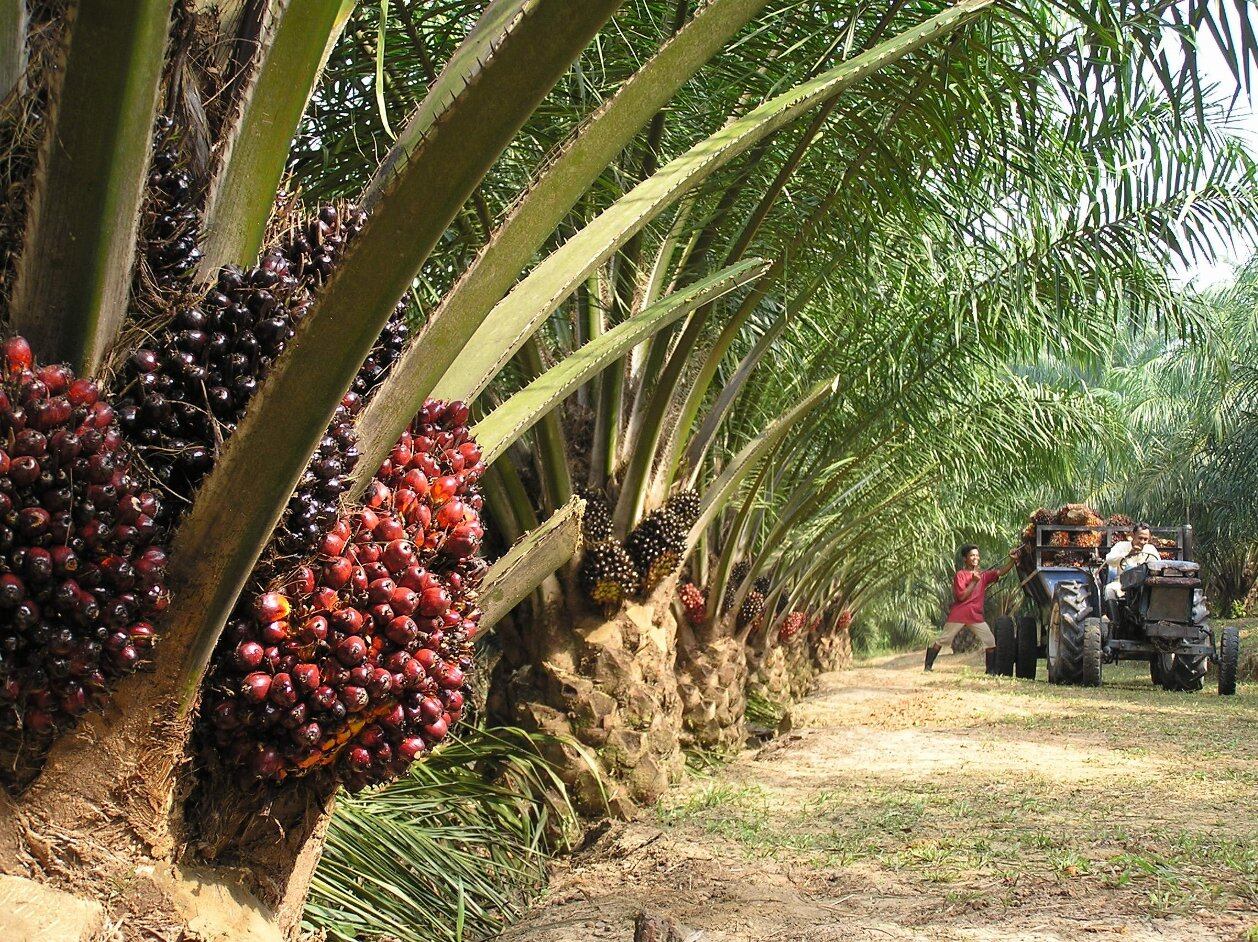Two Indonesian men, Nilus Kasmi and Adi Prabowo, exposed last year to toxic particles and fumes during forest fires in Indonesia that have contributed to a toxic haze across parts of south east asia, joined eight Greenpeace campaigners at Europe’s largest port.
The blockade began this morning when Greenpeace's ship Esperanza moored to the dock at the back of IOI's refinery, preventing it from unloading its palm oil from incoming tankers.
The campaigners will end the blockade if IOI signs a statement Greenpeace has left “on its doorstep” that requests it commit to a sustainable palm oil supply chain.
“If IOI agrees publicly to commit to protect forests, Greenpeace will end the action and lift the blockade,” it said.
Spokesperson for the port, Tie Schellekens told Reuters the activists have focused on one harbour mooring that is used only for palm oil coming from Indonesia and so other traffic has not been disrupted.
Forest campaigner at Greenpeace Indonesia Annisa Rahmawati said: "Palm oil trader IOI is unknown to the general public. This serves the company well, as it can get away with practices that could not bear public scrutiny."
"We are not anti-palm oil, but we know its production can and must be sustainable. It is entirely possible to grow the palm oil industry without clearing or burning more forest," she said, adding that the practices of IOI and its suppliers are morally objectionable, economically harmful and unnecessary, and that consumers are unknowing and unwilling accomplices.

IOI has been embroiled in a sustainability scandal this year, having seen its contracts with major food manufacturers such as Nestlé and Mondelez dropped following allegations of activities such as deforestation and illegally starting fires on peatlands.
It was then stripped of its membership from palm oil certification board Roundtable on Sustainable Palm Oil (RSPO), prompting it to seek legal action against the certifier, although it later abandoned legal proceedings amid a wave of negative publicity.
Things had started to look up for the company last month as RSPO revoked its suspension citing “good progress” made.
After publication, police moved in to break up the protest while IOI issued a statement Greenpeace called "weak".
Look for more on FoodNavigator soon.
